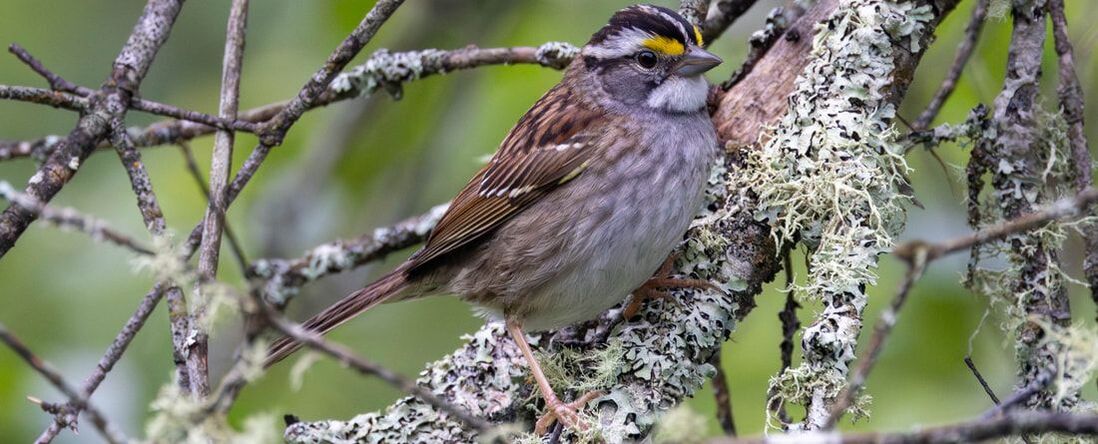Ornithology Job Opportunity @ UMBS
The lab of Professor Ben Winger at University of Michigan is seeking field technicians to assist in capturing and deploying geolocators on songbirds. This study, based at the University of Michigan Biological Station, aims to use geolocator tracking technology to track the seasonal migration of a suite of migratory songbirds that breed in the boreal forests of northern Michigan. This position provides an opportunity to learn fundamental field ornithological techniques. This position starts approximately May 24 and runs as late as July 2, 2024 (end date potentially negotiable). Primary duties include working in a small team to set up and monitor target mist nets, capturing and banding adult songbirds, assisting the field lead in deploying geolocators on songbirds, and data entry. The technician will work closely with the field leader in organizing and planning field excursions.
Qualifications include the ability to work cooperatively in a small team in the field, an interest in avian field ecology research, a willingness to work in remote and rural areas of northern Michigan (with other members of the field crew), and the ability to handle small birds carefully and responsibly. Experience identifying, mist-netting and banding songbirds is desirable, though this position will also involve training in these areas and prior experience is not essential. Applicants must have a valid U.S. driver’s license and be comfortable driving vehicles in remote locations on dirt and gravel roads. Applicants must also have tolerance for adverse field conditions (including bushwhacking, biting insects, cold mornings, and precipitation), be willing to live in shared housing at a rustic biological station, and demonstrate a commitment to safe field practices and behavior.
A stipend of $350-$400 per week (depending on prior experience) will be provided, plus room and board (all meals) at the University of Michigan Biological Station (1-2 roommates, no pets, no smoking). More information on life at UMBS, including lodging and dining, is found here. A typical week consists of six days of work and one day off per week, with workdays typically commencing early in the morning and concluding early afternoon. There is a possibility that some of the work may occur at a different field site in the western portion of the Upper Peninsula for 2-3 weeks.
To apply, please email a single PDF file with a cover letter, resume, and contact information for two references to Matthew Hack, at [email protected], in an email titled “Geolocator Field Technician." Review of positions will begin March 1, 2024.
Qualifications include the ability to work cooperatively in a small team in the field, an interest in avian field ecology research, a willingness to work in remote and rural areas of northern Michigan (with other members of the field crew), and the ability to handle small birds carefully and responsibly. Experience identifying, mist-netting and banding songbirds is desirable, though this position will also involve training in these areas and prior experience is not essential. Applicants must have a valid U.S. driver’s license and be comfortable driving vehicles in remote locations on dirt and gravel roads. Applicants must also have tolerance for adverse field conditions (including bushwhacking, biting insects, cold mornings, and precipitation), be willing to live in shared housing at a rustic biological station, and demonstrate a commitment to safe field practices and behavior.
A stipend of $350-$400 per week (depending on prior experience) will be provided, plus room and board (all meals) at the University of Michigan Biological Station (1-2 roommates, no pets, no smoking). More information on life at UMBS, including lodging and dining, is found here. A typical week consists of six days of work and one day off per week, with workdays typically commencing early in the morning and concluding early afternoon. There is a possibility that some of the work may occur at a different field site in the western portion of the Upper Peninsula for 2-3 weeks.
To apply, please email a single PDF file with a cover letter, resume, and contact information for two references to Matthew Hack, at [email protected], in an email titled “Geolocator Field Technician." Review of positions will begin March 1, 2024.
